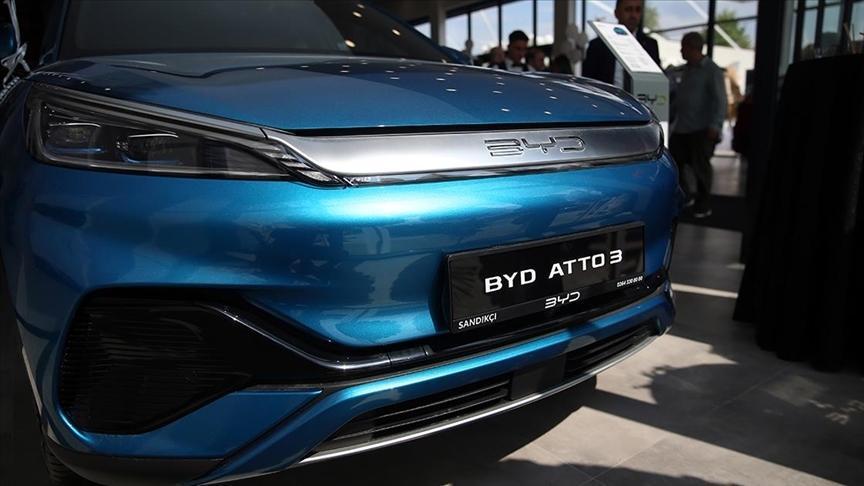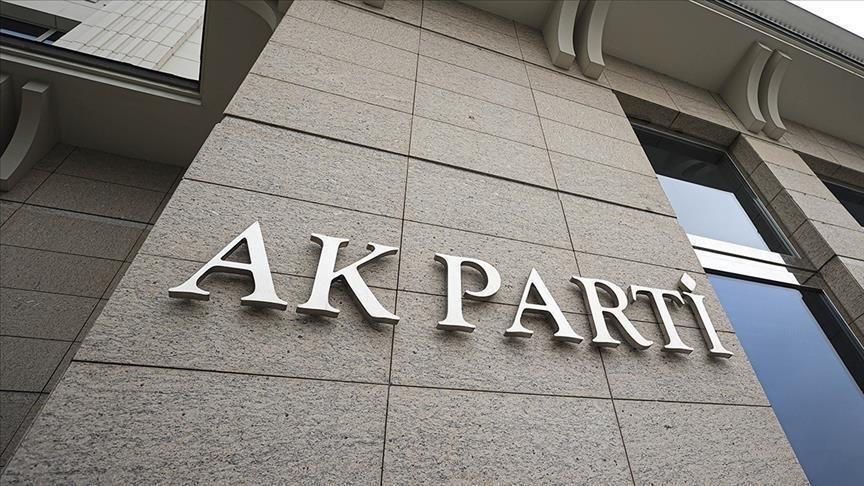EU’s move irks Chinese firms that plan to invest in Türkiye

Chinese automotive giants, expected to announce investments in Türkiye, have been silent about their plans for some time, which a sector representative attributes to the EU’s new action plan aimed at protecting the bloc’s auto industry.
According to the plan, which was unveiled in March, the EU may take additional measures regarding the production locations of electric vehicle batteries.
The action plan has not yet been formalized, but experts think that this measure could be used to prevent Chinese manufacturers from investing in third countries such as Türkiye, Egypt and India.
Irked by the EU’s move, Chinese automotive manufacturers appear to have temporarily put their investment efforts in Türkiye on hold until the situation becomes clearer.
Chinese BYD announced last year that it would invest in the province of Manisa. Chery and SAIC were also expected to announce their investments. However, for the past few months, those two companies have been avoiding making statements regarding their investment plans in Türkiye.
According to Türkiye’s Automotive Manufacturers Association (OSD), the EU’s plan has created uncertainties for investments in the country, while Chinese companies say that “they cannot invest based on assumptions: They need to be sure.”
The EU regulations may lead Chinese manufacturers to reconsider their strategies of investing in third countries to access the European market, said the OSD, recalling that Türkiye has a customs union agreement with the bloc.
“In a way, this document [the action plan] states that until they can fully carry out production in Europe, they will not allow goods to be easily sold [within the EU] by bypassing the system,” said Kağan Dağtekin, CEO of Doğan Trend Otomotiv, which distributes SAIC’s MG cars.
“We need to ensure that battery production can be fully carried out in our country or be certain that the current production will be accepted by Europe,” he furthered.
“If you take a direction and invest entirely based on assumptions, it will be very difficult to reverse. That’s why all relevant parties are trying to make very cautious decisions,” Dağtekin added.
Regarding whether the Customs Union would be sufficient, Dağtekin said, “We have the Customs Union, but we are not a member of the European Union. There is a difference between the two. Europe can take a more pragmatic approach there, but none of us can predict exactly how it will unfold.”
The OSD, however, sounded optimistic that Türkiye could still draw investments.
“Although the EU’s action plan has created a temporary period of uncertainty, our country's automotive manufacturing capability, supply infrastructure and proximity to the European market continue to offer an extremely strong investment alternative,” it said.
















